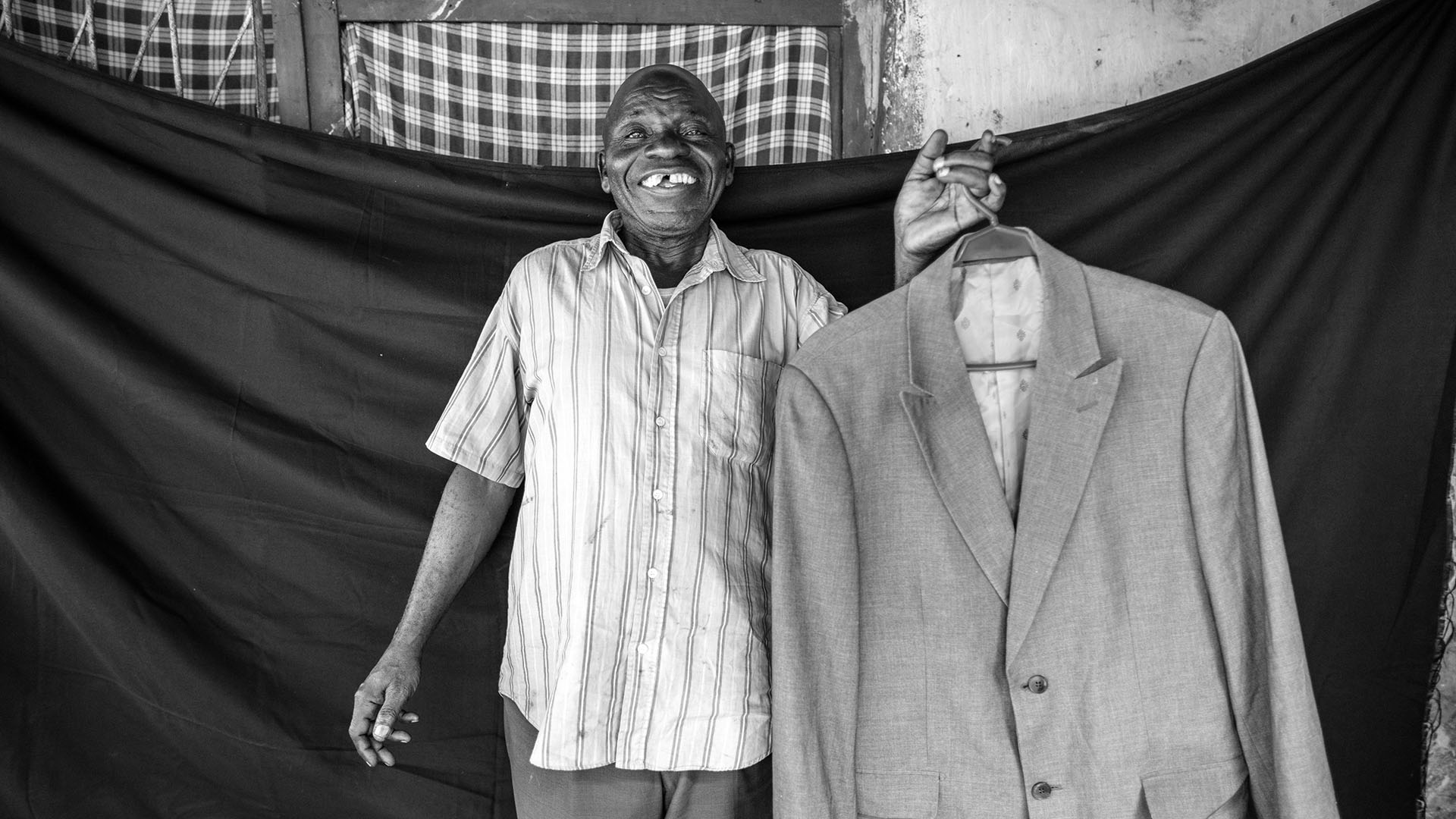More Liberians returning from western Côte d'Ivoire, reports UNHCR
More Liberians returning from western Côte d'Ivoire, reports UNHCR

PROLLO, Côte d'Ivoire, July 19 (UNHCR) - Liberia is seeing a sharp rise in the number of returnees from Côte d'Ivoire who say they are repatriating now because of improved security and reception facilities back home.
Some 5,100 Liberian refugees have gone home with UNHCR assistance from western Côte d'Ivoire to eastern Liberia's Maryland and Nimba counties in the last four weeks. This is a dramatic increase, considering that only 700 Liberians repatriated from Côte d'Ivoire in the first five months of the year.
Most of the Liberian returnees had been living in the western Ivorian prefectures of Guiglo and Tabou for more than 10 years. They were part of some 47,000 Liberian refugees remaining in Côte d'Ivoire, many of whom had been reluctant to return home after witnessing violence and being displaced repeatedly during the 14-year Liberian civil war that ended in August 2003.
"I came in 2003 when fighting was taking place in Harper," said Patricia Weah, 25, of her hometown in Liberia's Maryland county. "Then I became afraid to return there because of armed men who could be seen everywhere."
But today, the Liberian refugee is boarding the ferry from the Ivorian village of Prollo that will take her home across the Cavally river in five minutes. "It's only recently that a cousin of mine whom I had not seen since I fled came to tell me that I could go back home because the situation was calm," said Weah. "I am happy to be returning because I will be seeing my family members who had stayed in Liberia."
Better reception arrangements in Maryland and Nimba counties have also boosted repatriation as UNHCR improved its transit facilities, trucking capacity and assistance. At the same time, the refugee agency has extended its information campaign on the return programme, providing Liberian refugees in remote Ivorian villages with objective information about security and living conditions in post-war Liberia.
Some of the returnees told UNHCR that they were going home as they were concerned about security conditions in western Côte d'Ivoire. Others who had hoped to go to the United States under the US government's resettlement programme are now opting for repatriation as the programme comes to an end. Some 6,500 Liberian refugees have been resettled to the US since 2003 under the programme, which was designed as an emergency response to help Liberian refugees caught in the Ivorian war and unable to go home at the time.
"My family was not accepted for resettlement," explained Fode Keita, whose family was brought to Ivorian commercial capital Abidjan from Nicla camp in Guiglo for a last round of resettlement interviews this week. "We have therefore decided to go back to Liberia. The situation here is not good for us. It is very difficult to move around freely as a Liberian in the west. It's better to be home anyway."
Since starting its facilitated return operation to Liberia in October last year, UNHCR has helped nearly 28,000 Liberian refugees to go home from the region, mostly from Guinea, Ghana, Sierra Leone, Nigeria and Côte d'Ivoire. Another 189,000 internally displaced people have gone back to their areas of origin in Liberia with the help of UNHCR and other UN agencies.
The pace of returns to Liberia is expected to slow down with the approach of the Liberian elections scheduled for October 11.
By Fatoumata Kaba








